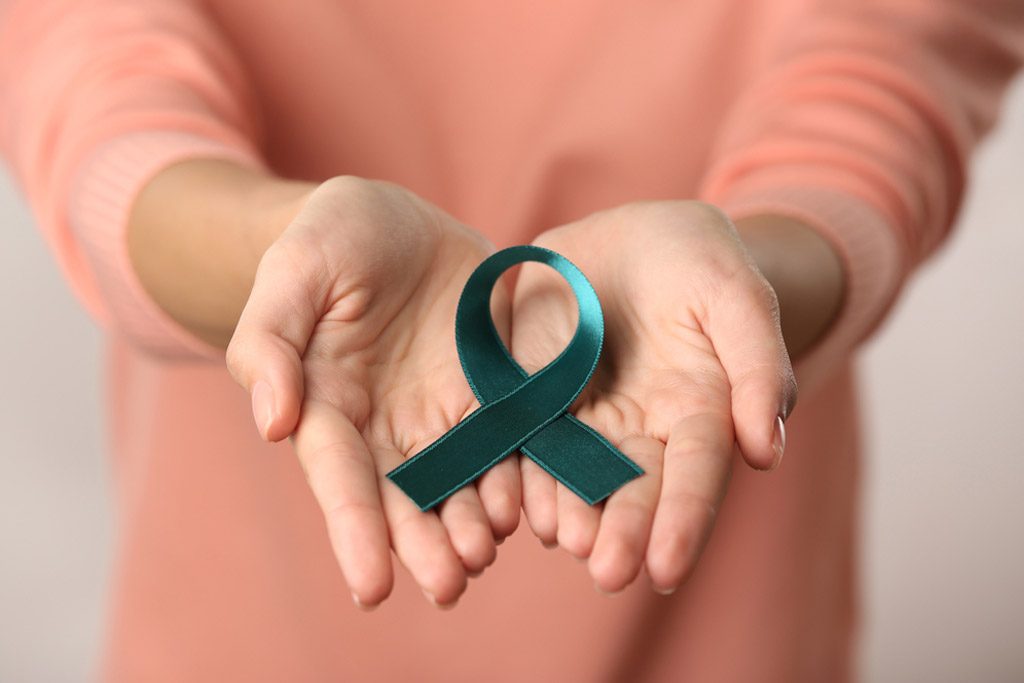
Cervical cancer remains among the top 10 cancers affecting Singaporean women today, yet among all types of cancer, cervical cancer is one of the most preventable. Regular cervical screening and HPV vaccination are currently the best and most effective ways to protect yourself against cervical cancer.
Regular Cervical Screening
Cervical cancer is highly treatable when detected early. In Singapore, it is generally recommended for women to begin cervical cancer screening from the age of 25 if they have been sexually active before.
Screening is typically done through a Pap smear, whereby the gynaecologist collects a small sample of cervical cells to be assessed for the presence of any abnormalities (pre-cancerous or cancerous cells). This test is done every 3 years if your result comes back negative. Another form of screening is the HPV test, in which the cervical swab sample is checked for HPV infection. This may be performed together, upon the advice of your gynaecologist.
HPV Vaccine
Most cases of cervical cancer are caused by the human papillomavirus (HPV), an infection commonly transmitted through sexual intercourse. HPV is so common that most sexually active individuals will be exposed at least once in their lives, even without them knowing. Fortunately, around 90% of HPV infections resolve on their own; though some can cause changes in the cervical cells, leading to cervical cancer.
For this reason, the HPV vaccine is recommended to all women and girls aged 9 to 26, or as advised by your doctor. While it is ideally administered prior to becoming sexually active, it is still recommended for women who have been sexually active before. This is so as one cannot be certain that they have been exposed to all the strains of HPV that the vaccines protect against; so, some degree of protection is still offered.
Aside from cervical cancer, the HPV vaccine also protects against vaginal and vulvar cancer in women, penile cancer in men, and anal cancer, head and neck cancer, mouth and throat cancer, and genital warts in both men and women.
In Singapore, the approved HPV vaccines are Gardasil 9 (the newest and covers the most strains) and Cervarix.
Get Tested!
Keeping cervical cancer at bay begins with regular screening, which allows for early detection and an effective treatment at the pre-cancerous stage, which simply involves the removal of abnormal cells from the cervical lining.







